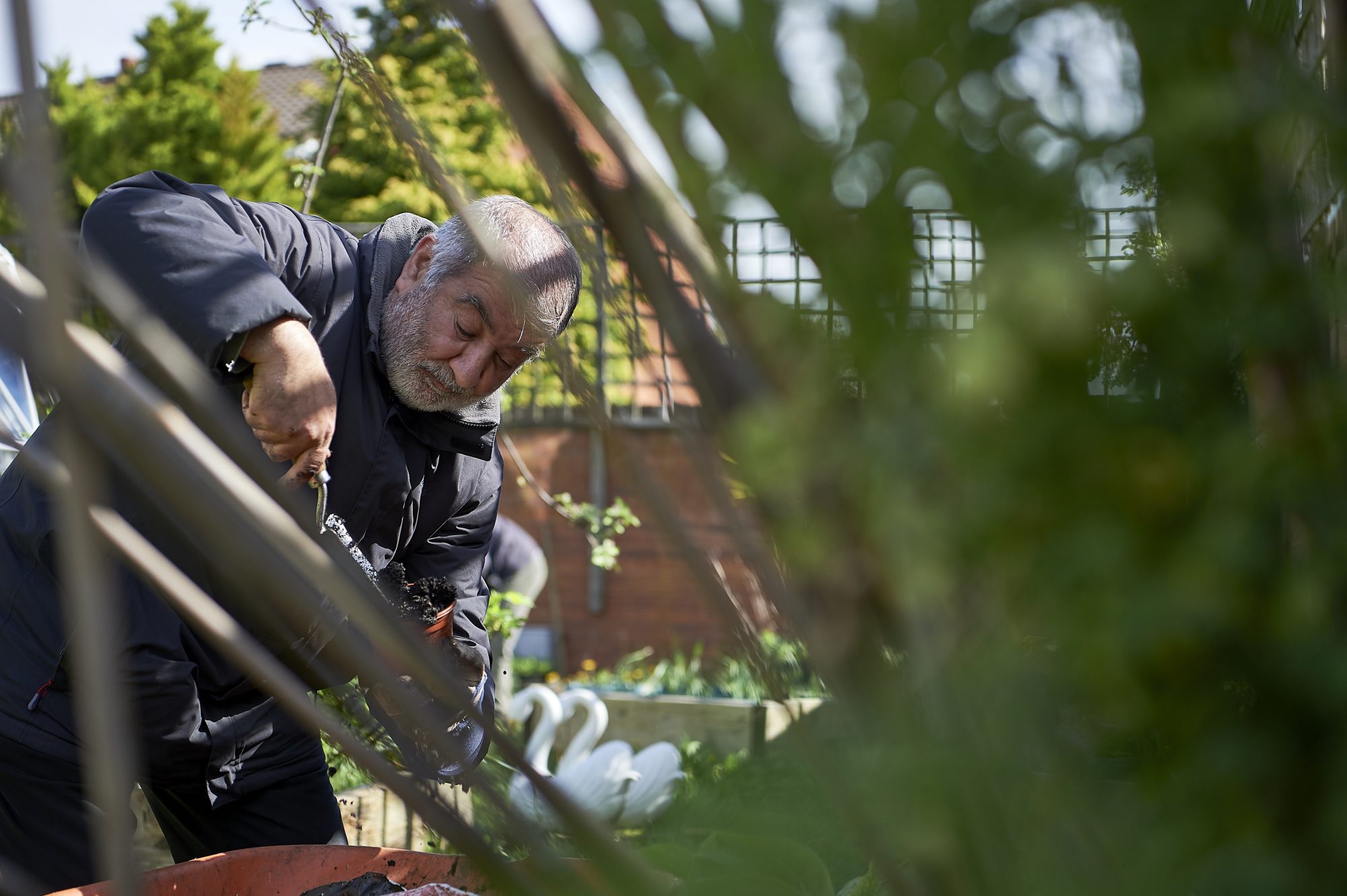
Josh Westerling
Public Affairs Officer
On Friday I went to Birkenhead to visit Future Yard, a community music venue. In the course of my train journey to get there, Kwasi Kwarteng was sacked as Chancellor and his successor Jeremy Hunt was appointed. Two hours is a long time in politics.
The volatility of the present moment is not new. It has been the defining feature of British politics since 2016. This persistent turbulence in Westminster strengthens the case for communities having more control over their own lives. But this volatility and uncertainty raises questions for the future of the communities agenda.
The battle of ideas within the Conservative Party
Last week Power to Change brought together leading thinkers from across the political spectrum to discuss the recent party conference season. The session included contributions by Imogen Sinclair, Director of the New Social Covenant Unit; Sunder Katwala, Director of British Future; Ryan Shorthouse, Director of Bright Blue; and Richard Harries, Associate Director of the Institute for Community Studies.
It was a lively event covering ideological battles in the Conservative Party, Labour’s appetite for a stronger communities agenda and the wider economic situation – foreshadowing some of what we’ve seen play out this week.
Since our event, the government has U-turned on its fiscal policy, scrapping nearly all the announced tax cuts. If Truss’ victory represented the triumph of the party’s libertarian wing, as Ryan argued at our event, this U-turn surely represents its failure to translate this ideology into workable policy. The New Social Covenant Unit’s new paper, Social Capitalism, is perhaps an alternative that a future Conservative government – or opposition – may turn to repair the divide between the party’s communitarians and libertarians.
The potted history of communities policy offered by Richard reminded us of the time spent pushing for more community-centred policies. This was the big question that hung over the discussion. Why are we still asking these questions today? Why have we not made the case to the political class more effectively? In his closing remarks, Sunder recommended stepping back from the tumult of the moment to focus on building a winning coalition of shared agendas across sectors to set out our stall for the next general election.
Making the case for communities
Jeremy Hunt’s announcement today has brought uncertainty for the sector. Communities and community businesses have shown themselves to be resilient, the frontline of defence against our biggest societal challenges like the cost-of-living crisis. The possibility of spending cuts and a less generous energy support package could increase demand for the services community businesses provide. Understandably in this context, it will be difficult for communities to be engaging government too.
This makes it even more important that the sector is putting forward a clear, coherent offer to the next government, whoever that may be. The We’re Right Here campaign is one example of a community-led campaign. Supported by a range of national organisations, including Power to Change, they have pooled resources around a shared policy ask of national government. The campaign’s core ask is a Community Power Act, which would give communities the power to shape the places where they live and tackle local issues.
This act is one of three key policy asks that Power to Change has of the next government. We hope that friends in the sector will be supportive of our calls to introduce a Community Power Act, as well as to expand and extend the Community Ownership Fund and establish a High Street Buyout Fund.
What’s next?
As a sector we need a narrative and policy asks we can all get behind in the run up to the next election. Will there be a ‘communities’ section of the major parties’ manifestos? What policies will be in it? And why should the parties care?
These are the questions that need to be answered and that lie at the root of question: what is next for the communities agenda?
![Squash Nutrition, May 2018 [15] A woman shares seeds with another woman at Sqush Nutrition.](https://b2430903.smushcdn.com/2430903/wp-content/uploads/2022/10/Squash-Nutrition-May-2018-15.jpg?lossy=1&strip=1&webp=1)


